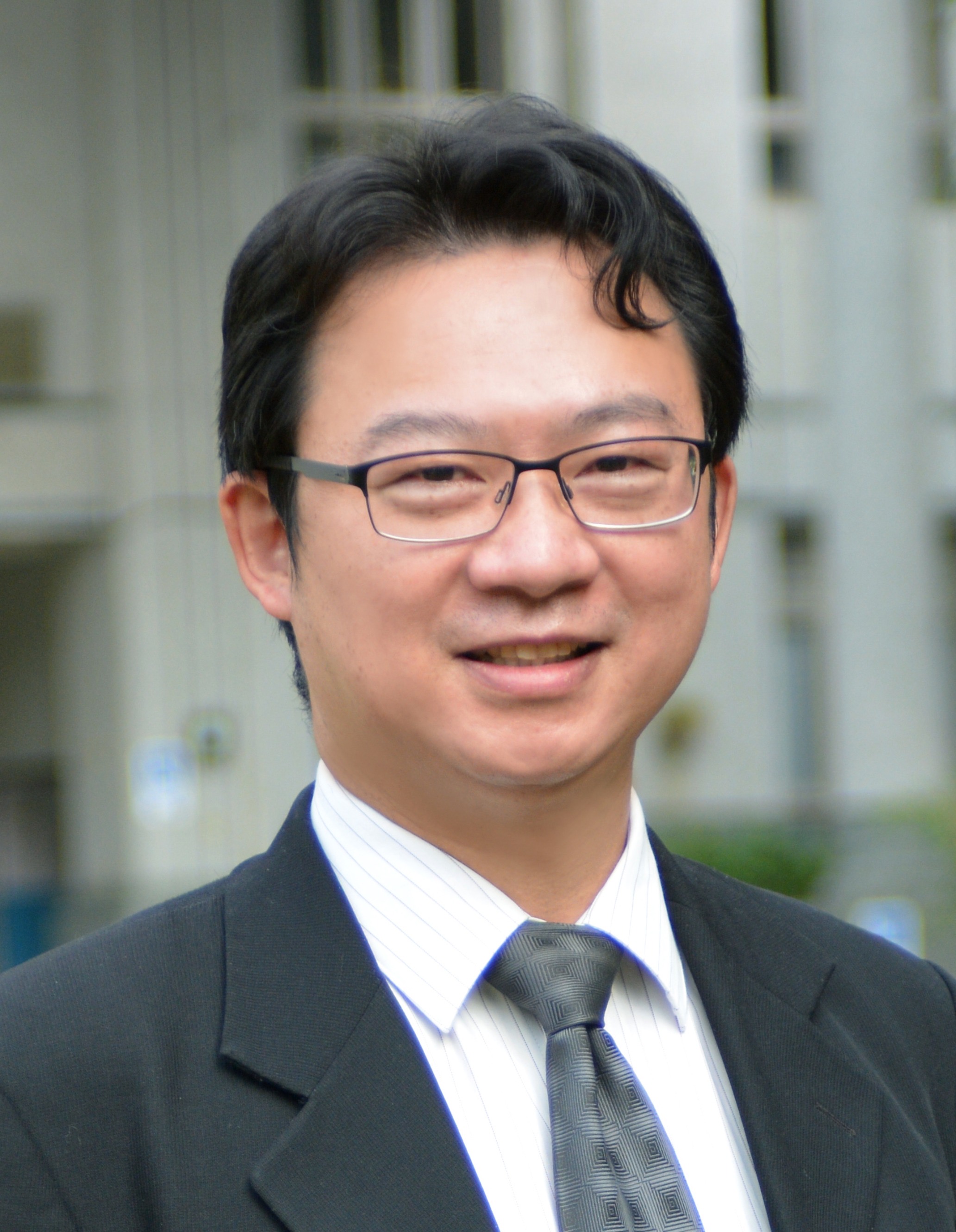Invited Speaker

Distinguished Prof. Ku-Fan Chen
Department of Civil Engineering, National Chi Nan UniversitySpeech Title: Remediation of Trichloroethylene (TCE)-Contaminated Groundwater Using Electrochemically Activated Persulfate
Abstract: In this study, electrochemical activation of persulfate using iron electrodes is applied to treat trichloroethylene (TCE) in groundwater. The effects of various factors, including current density, persulfate concentration, and anion type and anion concentration, on TCE oxidation are evaluated. In addition, a persulfate tablet, a long-lasting persulfate release material, is combined with the electrochemical activation system for in situ groundwater remediation. At persulfate concentrations of 4.2 10-3 to 4.2 10-2 M, TCE (4 10-4 M) removal reaches 98.4 to 100% at current densities of 0 to 12.5 mA/cm2 during 60 min of reaction. Additionally, cis-1,2-dichloroethylene is detected during the experiments, which indicates that the reductive dechlorination of TCE occurs in the systems. TCE degradation fits well with pseudo-first-order kinetics. The rate constant of TCE removal increases with increasing current density and persulfate concentration. The presence of 4.210-2 M of Cl- accelerates the degradation of TCE while high concentrations of Cl- and HCO3- (4.2 10-1 M) result in the retardation of TCE removal. HCO3- inhibits TCE degradation more significantly than Cl-. The combination of a persulfate tablet with electrochemical activation achieves >99% TCE removal during 360 min of reaction, which demonstrates the effectiveness of the novel integrated system. Electron paramagnetic resonance analysis confirms the presence of ∙OH, SO4-∙, Cl∙, and ∙CH3 in the system, indicating that TCE is degraded by ∙OH and SO4-∙. The developed electrochemically activated persulfate system is suitable for in situ or on-site remediation of TCE-contaminated groundwater.
